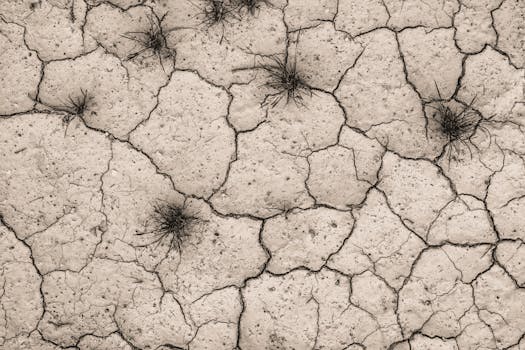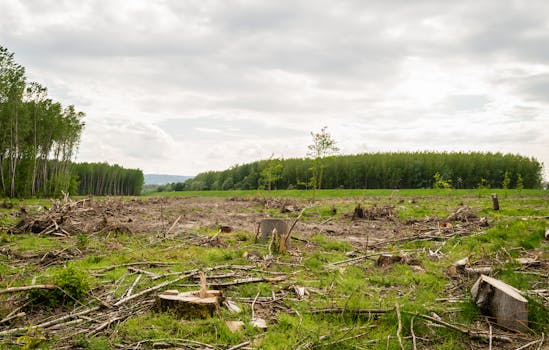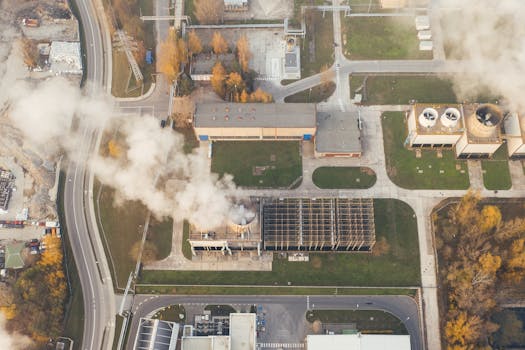
The Impact of Climate Change on Global Ecosystems
Introduction to Climate Change

Climate change is one of the most pressing issues of our time, with far-reaching consequences for our planet and its inhabitants. The impact of climate change on global ecosystems is a particularly significant concern, as it affects not only the environment but also human societies and economies. In this article, we will explore the effects of climate change on global ecosystems, the causes of climate change, and what we can do to mitigate its impact.
The Effects of Climate Change on Global Ecosystems

Climate change is having a profound impact on global ecosystems, affecting everything from biodiversity to weather patterns. Rising temperatures are altering the distribution and abundance of plants and animals, leading to changes in the composition of ecosystems and the loss of species. This, in turn, can have significant consequences for ecosystem function and the services that ecosystems provide to humans, such as clean air and water, food, and fiber.
One of the most noticeable effects of climate change is the increase in extreme weather events, such as heatwaves, droughts, and heavy rainfall. These events can have devastating impacts on ecosystems, causing widespread damage to crops, infrastructure, and human settlements. For example, the 2019-2020 bushfires in Australia burned millions of hectares of land, killing hundreds of people and millions of animals, and causing significant damage to the country’s ecosystem.
The Causes of Climate Change

So, what is causing climate change? The main cause of climate change is the increasing levels of greenhouse gases in the Earth’s atmosphere, primarily carbon dioxide (CO2), methane (CH4), and nitrous oxide (N2O). These gases trap heat from the sun, leading to a rise in global temperatures. Human activities, such as burning fossil fuels, deforestation, and agriculture, are the main sources of greenhouse gas emissions.
Other factors, such as population growth, consumption patterns, and technology, also contribute to climate change. For example, the increasing demand for energy, food, and other resources is driving the expansion of industries such as agriculture, mining, and manufacturing, which are significant sources of greenhouse gas emissions.
Conclusion

In conclusion, the impact of climate change on global ecosystems is a pressing concern that requires immediate attention and action. We must work together to reduce greenhouse gas emissions, protect and restore ecosystems, and promote sustainable development. By taking action to mitigate the effects of climate change, we can help to preserve the health and resilience of our planet’s ecosystems, ensure the well-being of human societies, and create a more sustainable future for all.





